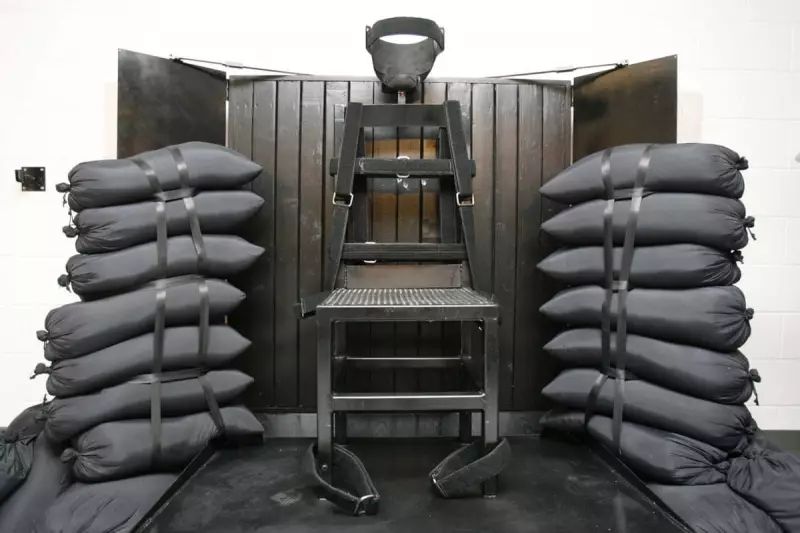
The US state of Utah has been plunged into a profound legal and ethical crisis after its highest court intervened to halt the execution of a death row inmate diagnosed with severe dementia.
In a dramatic 11th-hour ruling, the Utah Supreme Court granted a temporary stay, blocking the scheduled firing squad execution of 65-year-old Ronnie Lee Gardner. The decision throws the state's capital punishment system into disarray and ignites a fierce national debate on executing the mentally infirm.
The court's order puts an immediate pause on proceedings to allow for a deeper examination of a pivotal question: Can a man who, by his legal team's account, no longer comprehends the reason for his punishment or the concept of execution itself be legally put to death?
A Grisly Crime and a Decades-Long Case
Gardner was convicted and sentenced to death for the 1985 murder of attorney Michael Burdell during a botched courthouse escape attempt in Salt Lake City. His case has wound through the American legal system for nearly four decades, becoming a fixture in the debate over capital punishment.
The Core of the Legal Battle
His defence team argues that his current severe cognitive decline renders his execution a violation of the US Constitution's Eighth Amendment, which prohibits cruel and unusual punishment. Medical evaluations presented to the court suggest Gardner is often disoriented, suffers from confusion, and has a drastically limited understanding of his situation.
"To execute a man who has no rational understanding of why the state is taking his life is the very definition of cruel and unusual," stated one of his attorneys following the ruling.
What Happens Next?
The stay from the Utah court is temporary. It essentially buys time for a lower court to formally consider Gardner's appeal based on his dementia diagnosis. This process will likely involve further medical testimony and intense legal argumentation.
The state of Utah now faces a formidable challenge: to prove that despite his mental incapacity, Gardner meets the legal standard for execution. The outcome is uncertain, and the case is widely expected to eventually land before the US Supreme Court, setting a potential nationwide precedent for how the justice system handles inmates with severe mental illnesses and dementia.
This case forces a stark confrontation between the unwavering nature of a death sentence and the unsettling reality of a deteriorating human mind.





